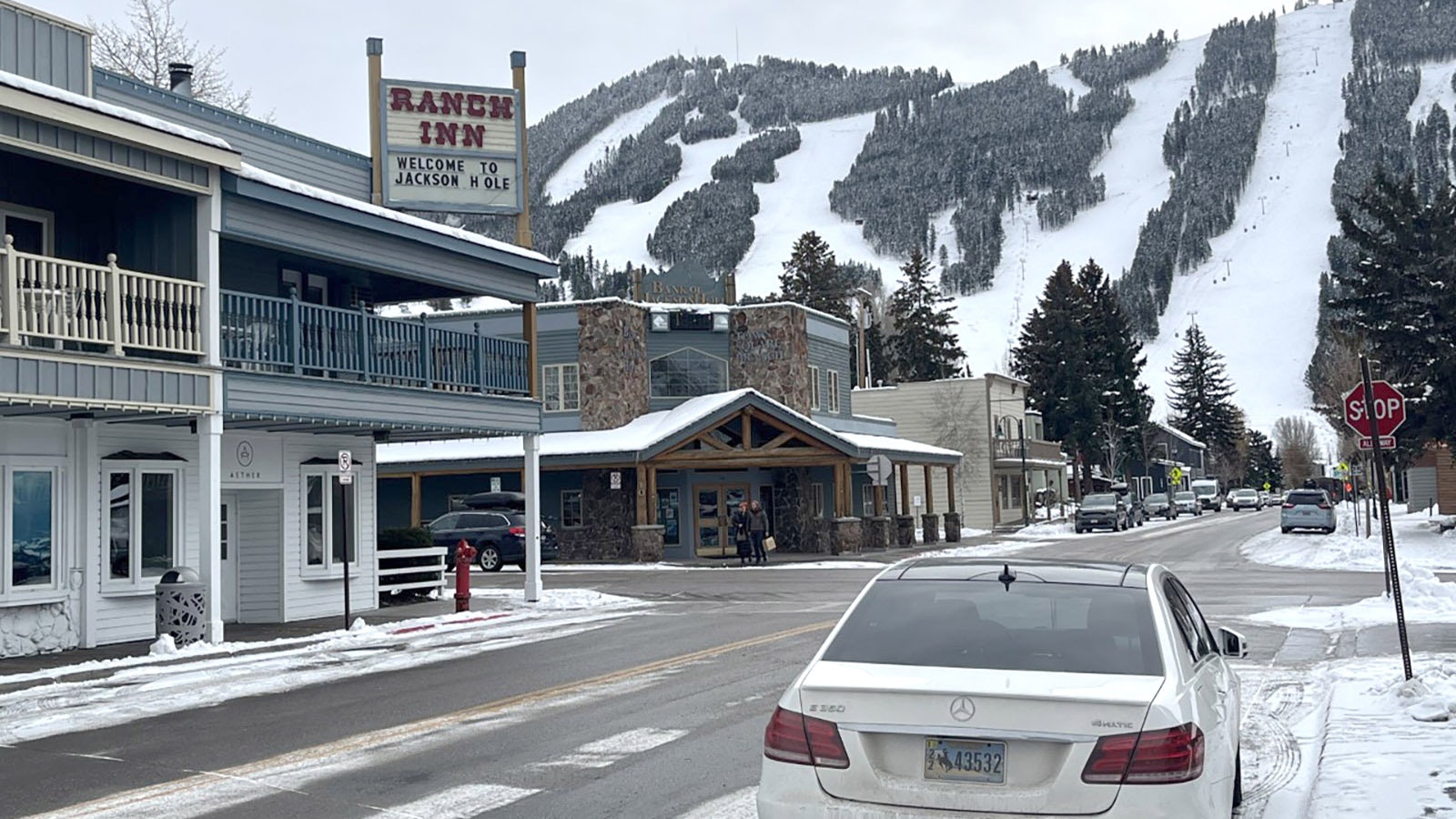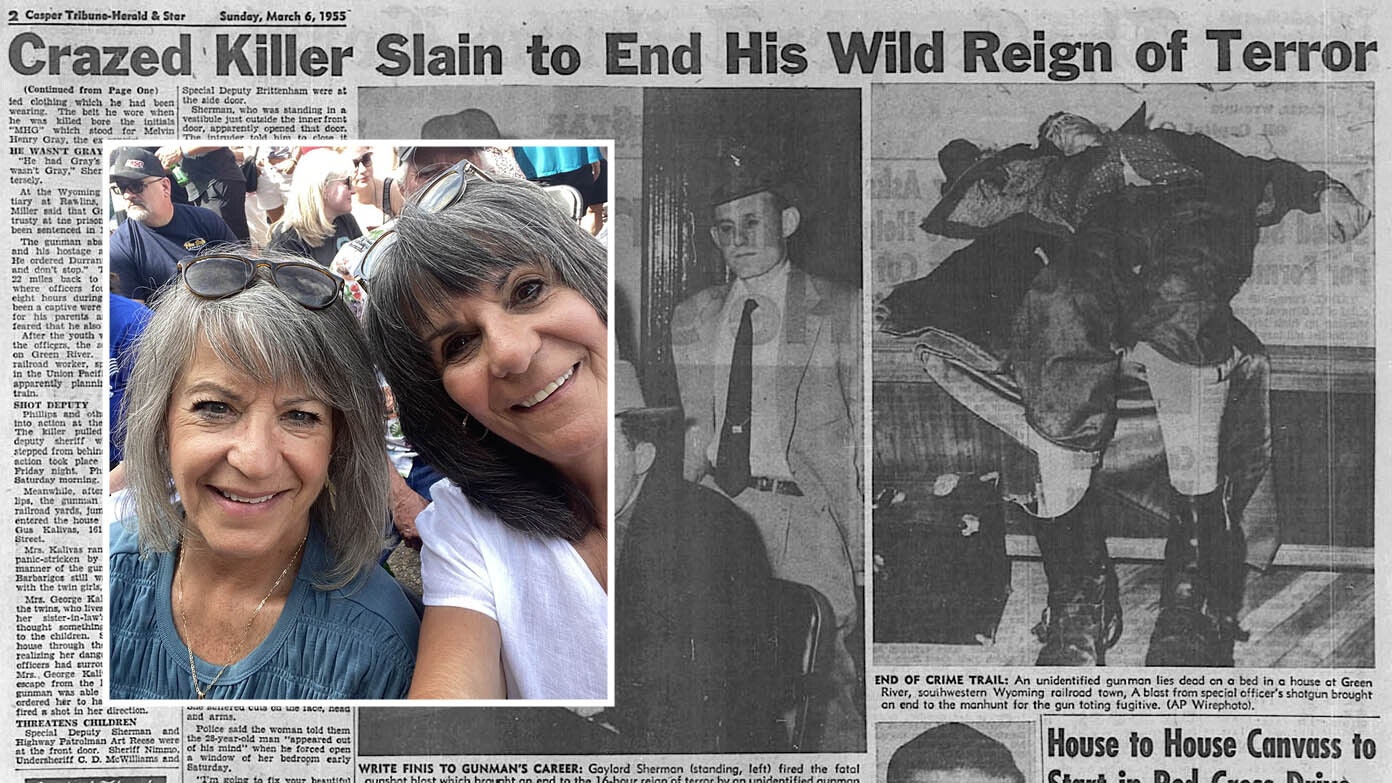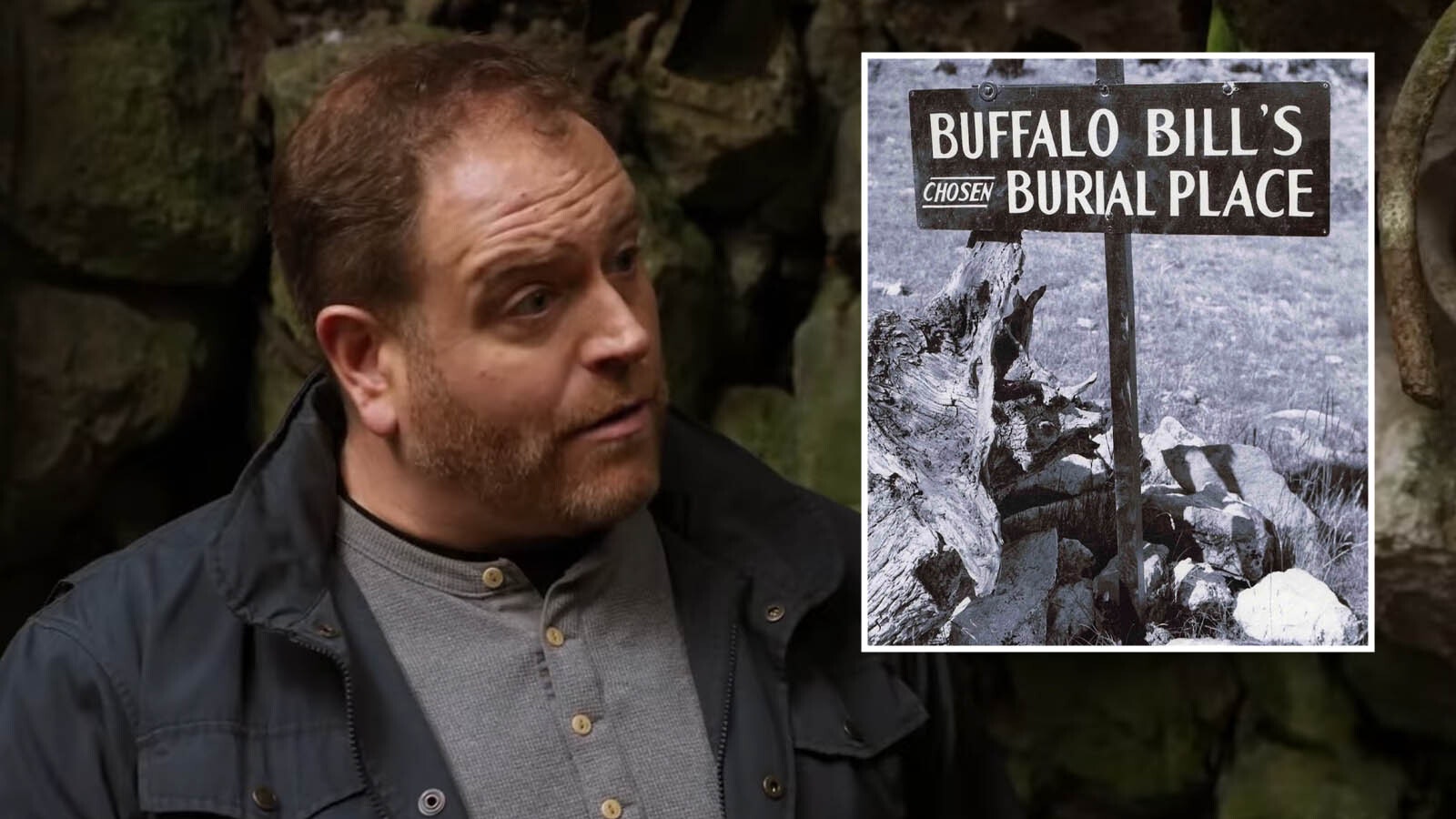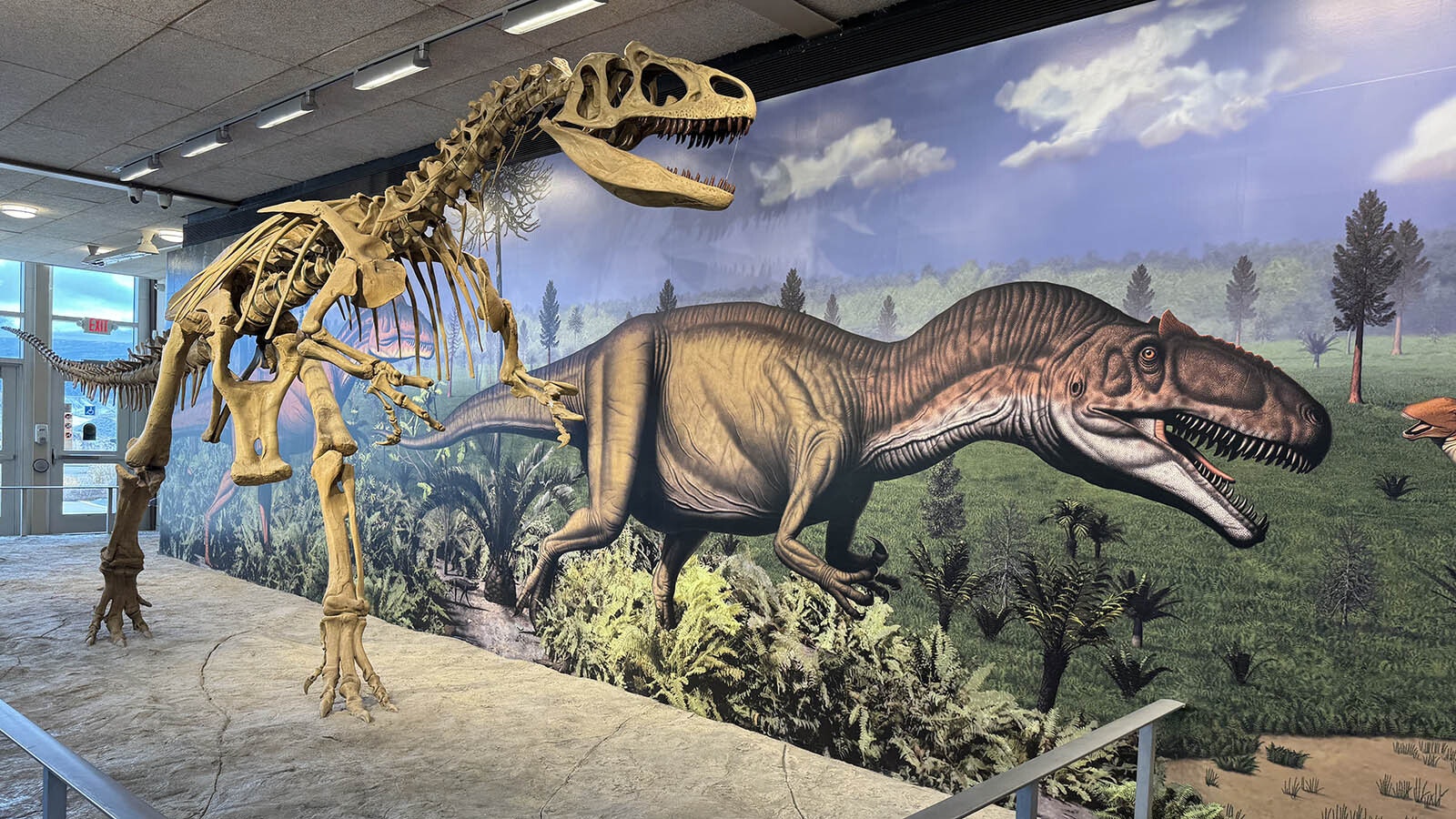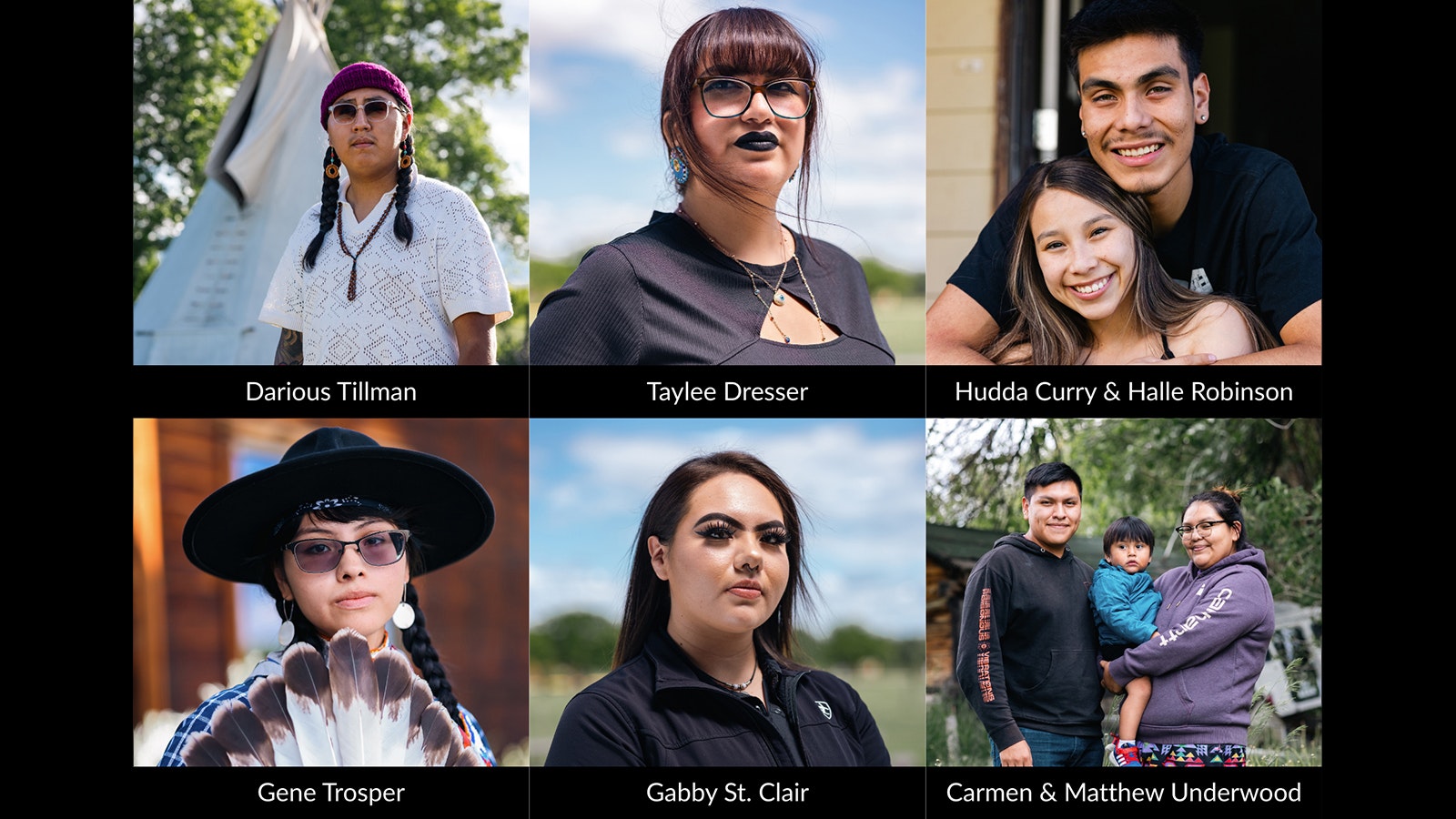By Leo Wolfson, State Politics Reporter
Leo@cowboystatedaily.com
It ain’t moving red.
That’s Jackson and Teton County in a nutshell, shared by a number locals Cowboy State Daily spoke to about the political landscape of the affluent Democratic oasis in northwest Wyoming.
“There’s no question about it,” said Republican Paul Vogelheim, a popular former county commissioner who unsuccessfully ran for the state House of Representatives this year.
The numbers agree.
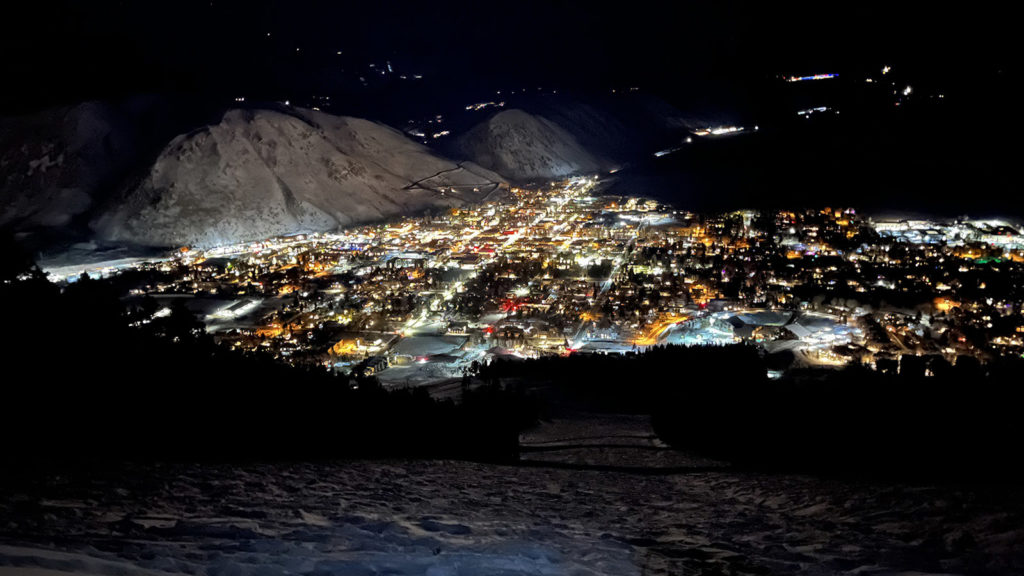
Party Line Favors Dems
In this year’s local elections in Teton County, Democrats performed very well, retaining their three state Legislature seats.
Vogelheim and a number of others said people voted along party lines even in local, typically more nonpartisan races.
Adjusting the microscope to even finer detail shows the county also elected a nearly all-blue county commission, losing its one Republican commission seat and gaining a Democratic newcomer. One former Democratic commissioner, Greg Epstein, switched his affiliation to Independent during his commission term.
The two candidates elected to the Jackson Town Council earlier this month also are both registered Democrats.
The lone exception was in House District 22, where no Democrat ran and Teton makes up less than half the district. That district swung red to Republican Andrew Byron after previously being held by Independent representative Jim Roscoe of Jackson.
The district, of which about 55% is in Lincoln County, is decidedly more red than the downtown Jackson districts. Ultra conservative Republican legislator Marti Halverson held the seat before Roscoe.
Trends Opposite Rest of Wyoming
The political trends seen in Teton County this election season ran counter to what was seen across the rest of the Cowboy State, as Republicans gained six seats in the state House and won every statewide race by overwhelming margins.
“It is not the same as how Democrats performed in the rest of the state,” state Rep. Mike Yin, D-Jackson, said of his county’s political performance.
Democrats lost two seats in the state House, both incumbent candidates.
With only five Democrats now in the 62-member state House, Teton Village resident Rob Wallace said Jackson’s Democratic representatives are going to “have to play well in the sandbox” to get legislation passed for their constituents.
“They have the advantage of coming from a predominantly blue county, but they’re being sent into the breach of a predominantly red Legislature,” he said.
Of the 31-seat state Senate, two members are Democrats, which means the seven total Democrats in the Legislature make up just 7.5% of the body to the 92.5% for Republicans.


Red In The Rearview
While Teton County is a blue speck in an overall red Wyoming, that wasn’t always the case.
Of the 31 state legislators the Wyoming Legislature has in its records representing at least a part of Teton County since 1925, 22 have been Republican. Of the nine Democrats who have served the county, five were elected within the last 14 years.
Wallace, a former assistant secretary for the U.S. Department of the Interior for fish wildlife and parks, and chief of staff for former Wyoming U.S. Sen. Malcom Wallop, remembers what Jackson was like politically in the late 1970s.
“There was a pretty active Republican group here in Teton County,” Wallace said. “There were solid consequential leaders from Teton County.”
Wallace said Jackson, although very much a part of Wyoming, has always been a bit of an enigma within the state’s overarching culture, highly dependent on conservation and tourism, but mostly lacking in agricultural and energy production.
Wallace left Jackson for a number of decades to work in Washington, D.C. When he returned in 2014, Wallace said he noticed it had become bluer.
“Conservation ethics probably contributed,” he said.
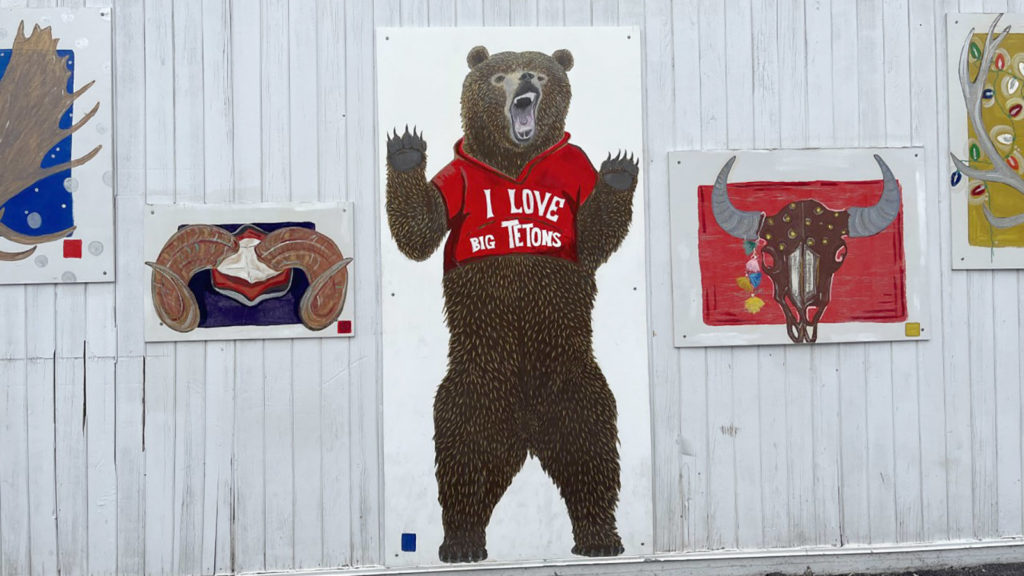
Partisan Politics
Yin and Vogelheim said that their community was less partisan in the past.
“It was one that cared about its candidates more, regardless of party,” said Yin, who moved to Jackson in 2015, adding he finds the views of the Democratic Party align more with the town’s culture today.
Vogelheim lost his first county commission election in 2006, then was appointed in 2008. He went on to receive strong voter support in each of his successful reelection bids in 2010 and 2014.
Both Yin and Vogelheim have noticed a leftward trend in their area and agree that national issues have played a part. What they disagree about is whether that’s a result of a conscious effort by the left to inspire party tribalism.
“It seems like it’s become much more tribal and much more aggressive,” Vogelheim said.
He said Democrats who donated money to his campaign were berated by other local Democrats for doing so.
National Issues
Yin believes the Republican Party has dug itself into a partisan hole of its own making, backing candidates like former President Donald Trump and those who try to emulate the former president.
Vogelheim believes that Trump, national issues – specifically abortion – played a large role in his race.
“That was probably the biggest thing,” he said.
His analysis is backed on a national level based on results from the midterm elections. In many instances throughout the country in swing districts where the future of abortion rights was potentially at play, a strong Democratic turnout was seen.
For instance, Democrats had success in Pennsylvania where Republican governor candidate Doug Mastriano expressed past support for a complete ban on abortion. A similar result was seen in Arizona.
Conversely, in areas where access to abortion is unlikely to be taken away, such as New York and Florida, Republicans had more success. In Wyoming, where a majority of the population opposes most forms of abortion, Republicans won overwhelming majority of votes.
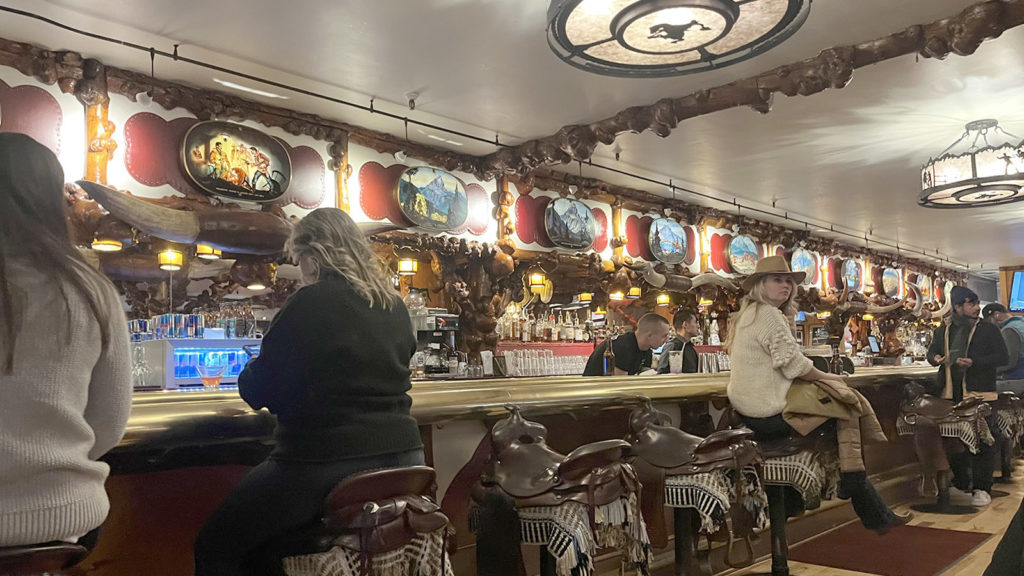
Abortion Weaponized
But Teton County is significantly more blue than the rest of the state. Its population is generally younger, and many residents have moved there from more progressive parts of the country like the East and West coasts.
With the passage of Wyoming’s abortion trigger law this spring, making nearly all abortions illegal in the state upon revocation of Roe v. Wade, something many people in Teton County are likely to support was suddenly under threat.
“It’s something that we now have to deal with on a state level that we never had to deal with on a state level before,” Yin said. “I do think that influenced a lot of decision-making. But I also think it increased partisanship.”
Vogelheim believes the issue was weaponized in his race versus Democrat Liz Storer. Poll watchers in his county commented to him about the large number of young women they saw turn out to vote.
“It makes sense when you look at how it (the campaign) turned out,” he said.
Partisan Divide
Yin, a vocal supporter of bipartisanship, is concerned that increased partisanship in his community and the state will make it harder to get legislation passed. He mentioned the philosphy of the late Wyoming U.S. Sen. Mike Enzi, who believed that Republicans and Democrats can agree on about 80% of issues.
“It’s one of the policies around the state that’s been able to raise families here, find opportunities,” Yin said. “If partisanship gets in the way of that, I think that’s really unfortunate.”
Mary Martin, chairman of the Teton County Republican Party, believes the Democratic Party in her county has been able to effectively leverage an affordable housing shortage for political gain over the past decade.
“The Democrats are promising the sun, the moon and the stars,” Martin said. “And they don’t deliver.”
Martin and Vogelheim pointed to local nonprofit groups like Shelter JH, a 501(c)4 that advocates for affordable housing and is actively involved in politics and endorsing candidates as one reason behind the political shift. This year, Shelter JH had a volunteer core of young adults target what Martin believes is a younger, transient segment of Jackson.
“They give them the promise of free or accessible housing,” Martin said. “Housing has been a problem for the 50 years I’ve been here. It won’t get better over the next two to four years.”
The biggest difference between most Democrats and Republicans in Teton County on the issue of affordable housing is whether the shortage can be solved by the private sector.
Conservatives in the community tend to prefer private solutions, while more left leaning people and groups want government intervention.
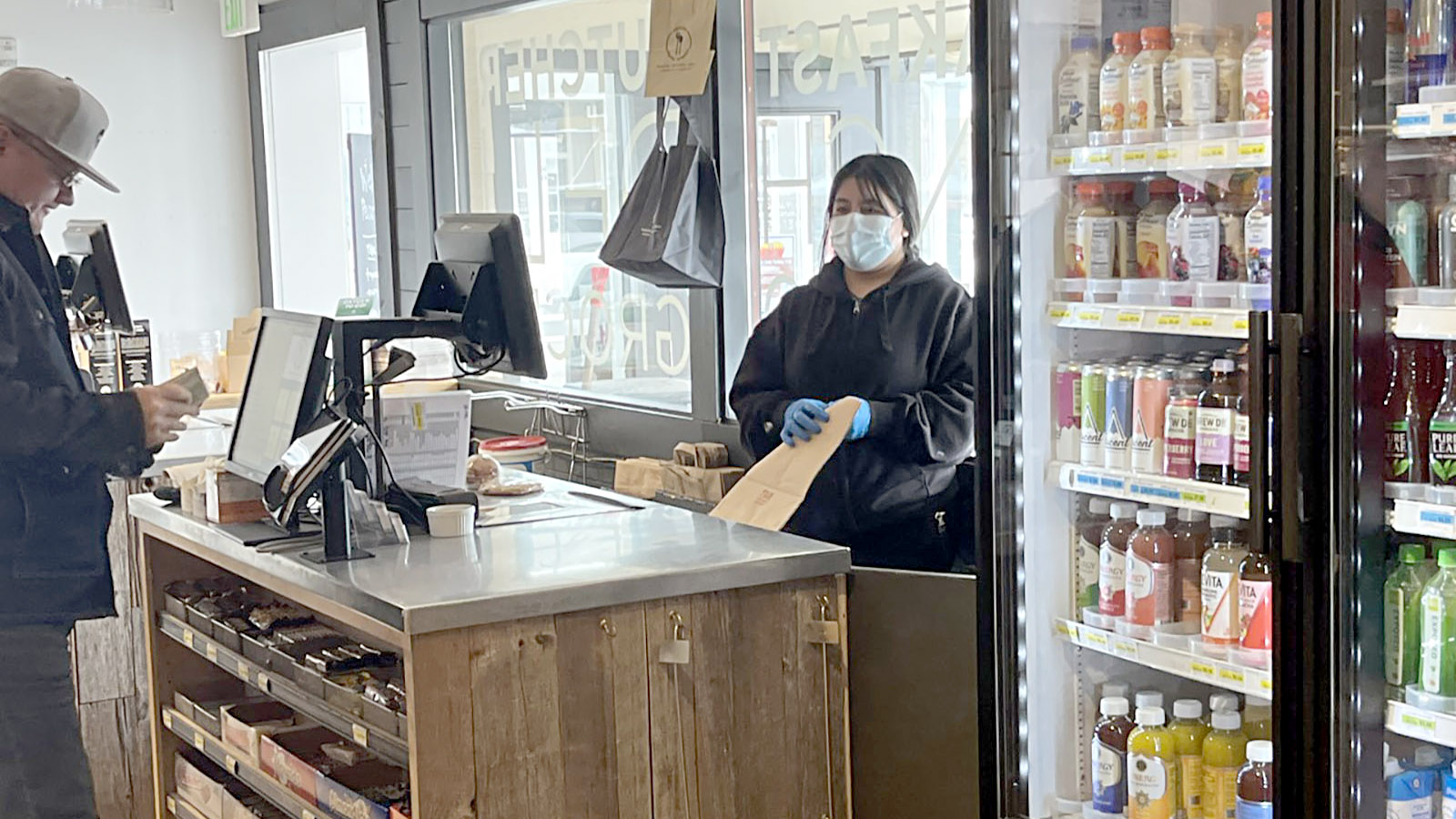

Transplanted Beliefs
There’s a popular saying among many Jackson locals that the billionaires have kicked out the millionaires.
Within that hyperbole, there’s also a certain grain of truth, as Teton County is now by far the wealthiest in the United States. A surprising side effect of the increase in wealth, Vogelheim said he noticed during his campaign, was the difficulty he had finding voters to talk to, as a sizable number of Jackson’s properties have become vacation homes or rentals, often sitting vacant for many months of the year.
Not all new residents are billionaires or temporary. Martin said many also are affluent middle-aged transplants who decided to move to Jackson because of the flexibility afforded them in today’s remote working culture.
She and Vogelheim believe many of these new residents moving to town tend to be more left-leaning. Martin pointed to the voter registration rolls, which shows Democrats gaining new members at a faster rate than Republicans.
“Any Republican that runs is going to be the underdog in this county,” Vogelheim said. “No matter who the candidate was … opposition to the Republican candidate has been pretty consistent.”
But Martin is optimistic that her party is gaining strength, saying that “the elephant has been awakened.”
Republicans Rally
Aggressive campaigning efforts where the party engaged fundraisers, volunteer training, get-out-the-vote drives and extensive door-knocking are things Martin believes made valuable inroads for the GOP in Teton County.
Vogelheim set the all-time record for campaign fundraising for a legislative seat and came within 163 votes of state Democratic Rep. Liz Storer in his race.
“I believe our party, Republicans in this county, really have rallied and done everything we could,” Martin said. “We worked diligently to bring life to the party.”
The Wyoming Republican Party agrees. Kathy Russell, executive director of the state GOP, commended the Teton county party for its efforts during the election season at the party’s Central Committee meeting last weekend, eliciting applause.
But Republican turnout wasn’t great in Teton County, as barely more than 25% of those registered with the GOP voted for Vogelheim.
“If we had got a higher percentage of Republicans to vote, it would’ve helped Paul,” Martin said.
A Melting Pot
Many of Jackson’s residents, even the long-time ones, didn’t grow up in Jackson. Vogelheim moved to town about 25 years ago and Martin moved to Jackson in 1975 after growing up in North Dakota.
In those days, Martin was a Democrat, but crossed over to vote as a Republican early on so she could vote for one of the members of her 4-H group. She never switched back.
Caretaker Susanne Jackson moved to town 12 years ago from Arizona, but was born in the United Kingdom. Jackson, who leans left politically, said she has noticed the town drift more in her political direction since arriving.
“It inverts really what’s going on,” she said. “The red got redder in the rest of the state while Jackson is solidly blue.”
But she also said there is hypocrisy, mentioning how many of the town’s ultra-wealthy behave in a manner more akin to Democrats, supporting public housing projects and endowments for the arts, but then vote Republican out of concern for their own pocketbook and personal property taxes.
“They talk blue, but if they’ve got a lot of money they think twice and vote red,” she said. “They’re fiscally red even if they’re more socially liberal.”
Martin said there are members of both the moderate and more conservative wings of the Republican Party in her county. She worries that some of the staunchly conservative resolutions being passed at the state level by the state party hinder her county party’s already-uphill battle to win over centrist and left-leaning voters.
“Some of the attitudes being expressed in those resolutions are wearisome,” she said. “We need to have a big-tent approach. We have to think all are welcome.”

